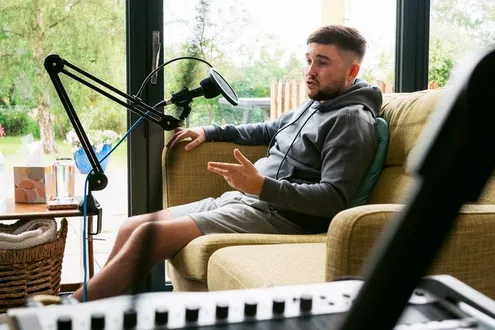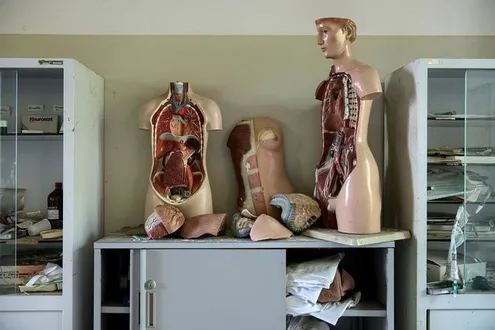An addiction is difficult to overcome without professional help. Continuing to use may seem like the only way to cope with everyday life but doing so will have serious repercussions on physical and mental health. Attempting to quit alone may seem the preferable option, but the chances of relapse are far greater.
Professional help, in a residential rehab setting, provides a safe space for you to take an honest look at yourself, your addiction and its effects on your behaviour and mental health.
Rehab offers the opportunity to tackle your addiction holistically and to develop coping mechanisms to safeguard sobriety. The rehab environment removes you from your ordinary existence and allows you to focus on getting better without distraction.
While detox is the first step on the road to rehabilitation, it’s not an effective, standalone treatment for addiction. You’ll need further treatment, therapy and support to ensure long-term sobriety and recovery. Fentanyl rehabilitation involves a comprehensive programme of detox and treatment.
Rehabilitation is provided in a relaxed, safe and discreet environment. It typically includes a phase of detoxication and withdrawal followed by therapy. It may also feature a tailored dietary and fitness programme plus a range of other elements.
Outpatient treatment will suit those people who need the flexibility of being at home due to family or professional commitments while they carry out the treatment. This may also be appropriate for those in the early stages of addiction or want a more economical option.









